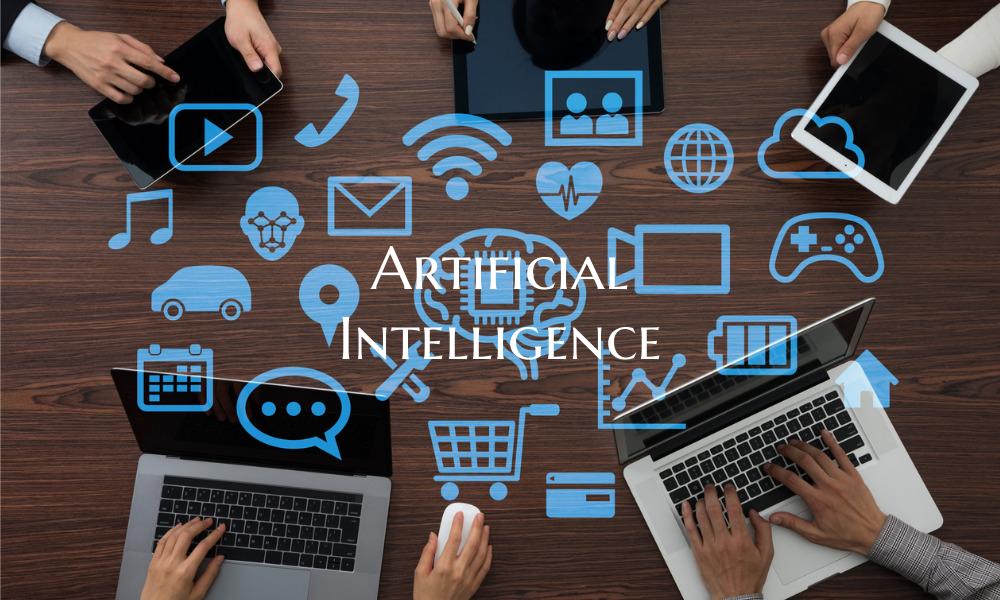Artificial Intelligence
Artificial Intelligence (AI) has become a transformative force in various sectors, revolutionizing the way we live, work, and communicate. This cutting-edge technology enables machines to simulate human intelligence processes such as learning, reasoning, problem-solving, and decision-making.
One of the key areas where AI has made significant advancements is in automation. From autonomous vehicles and smart home devices to chatbots and recommendation systems, AI is increasingly being integrated into our daily lives to streamline tasks and enhance efficiency. Businesses are also leveraging AI to optimize operations, personalize customer experiences, and make data-driven decisions.
Machine learning, a subset of AI, plays a pivotal role in enabling computers to learn and improve from experience without being explicitly programmed. Through algorithms and data analysis, machines can detect patterns, make predictions, and continuously enhance their performance.
Ethical considerations surrounding AI, such as bias in algorithms and data privacy, are critical issues that need to be addressed. As AI technologies continue to advance, it is essential to ensure transparency, accountability, and fairness in their development and deployment.
Looking ahead, the potential of AI is limitless. From healthcare to finance, education, and beyond, AI holds the promise of driving innovation, creating new opportunities, and shaping the future of society. As we navigate this ever-evolving landscape, it is crucial to harness the power of AI responsibly and ethically to maximize its benefits for humanity.

